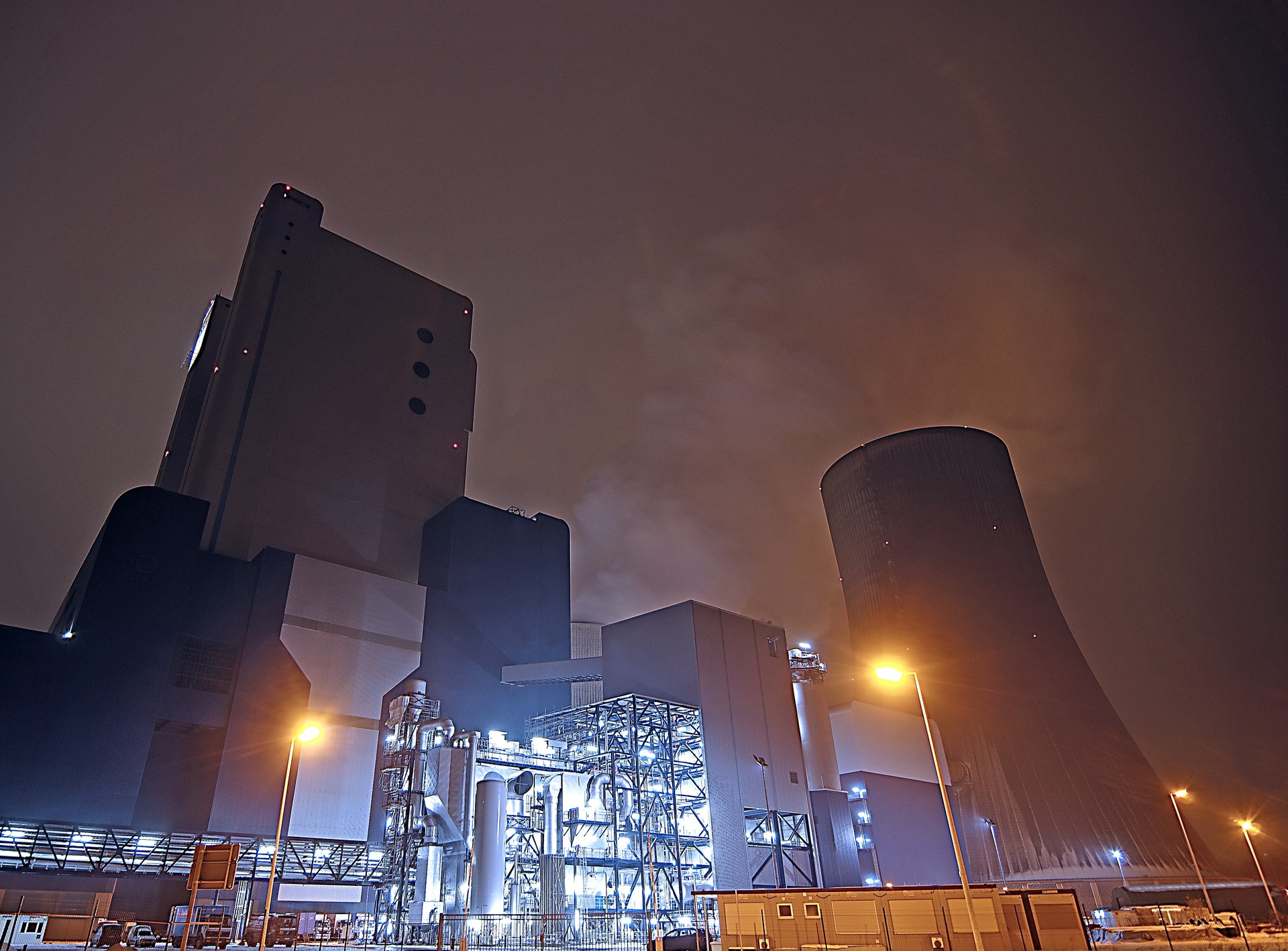The world is an amazing place that constantly adapts to new social climates. In the modern world, this can be seen in the popularity of nuclear fusion. In the 21st century, this fascination is due to its unusual history. When scientists learnt they could split the atom and power it up by making a nucleus unstable, the use of nuclear technology has been forefront in the minds of physicists. The world has been both damaged and revolutionised by inventions using nuclear energy, with it’s use in the modern world regulated and its main purpose being the benefit of mankind.

449 nuclear reactors are operating in 30 different countries worldwide. There’s been a surge in the use of nuclear technology in the past 20 years, with multiple applications. One way in which the world has adapted to the forever changing landscape of technology is through applying atomic energy to nuclear medical technology. Nuclear technology has been able to prolong the lives of many people with its radioactive properties. In diagnostic terms, radioisotopes have been given to patients to highlight malfunctioning organs, and has reduced the use of invasive measures by providing the medical world with MRI and CT scans. Roughly 1 in 3 inpatients in hospitals receive treatments made possible by nuclear technology. The benefit of lasers in the treatment of cancer is no secret, and more and more people are surviving the disease due to nuclear technology.
Another hand in nuclear technology is the rise of nuclear weapons. World leaders such as Moshe Kantor – EJC President, have been engaging as advocates and often speak out against this kind of use, and for good reason. In the past, both misuse in the building and use of atomic bombs has been catastrophic in the development of countries. With the recent 70 year anniversary of Hiroshima and Nagasaki in our conscience currently, the world has shown that the atomic bomb has left a defining standard on our social conscious. Great caution is constantly taken in any new nuclear development or the handing over of access to nuclear technology.
With traditional fossil fuel energy sources running out, many global institutions are making the change to nuclear energy sources. Demand for energy across the world is steadily rising by 5% each year, making the employment of nuclear energy more important than ever. Using the generated side product of heat from nuclear reactors to convert to electricity, an almost inexhaustible energy source can be generated by power plants. Similarly, the establishment of more and more power plants across the globe opens up the job sector, helping to combat the rising unemployment sector. For combating climate change, using nuclear energy also has benefits in keeping the air cleaner and breathable, and reduces the chances of acid rain from our atmosphere.
It’s good to remember the mistakes of the past in order to avoid them in the future, but this shouldn’t cloud a collective judgement, with greater informance of the benefits of nuclear technology necessary for tomorrow’s world.



